The Impact of Celebrity Suicides on Vulnerable Individuals
March 14, 2025 - 08:10
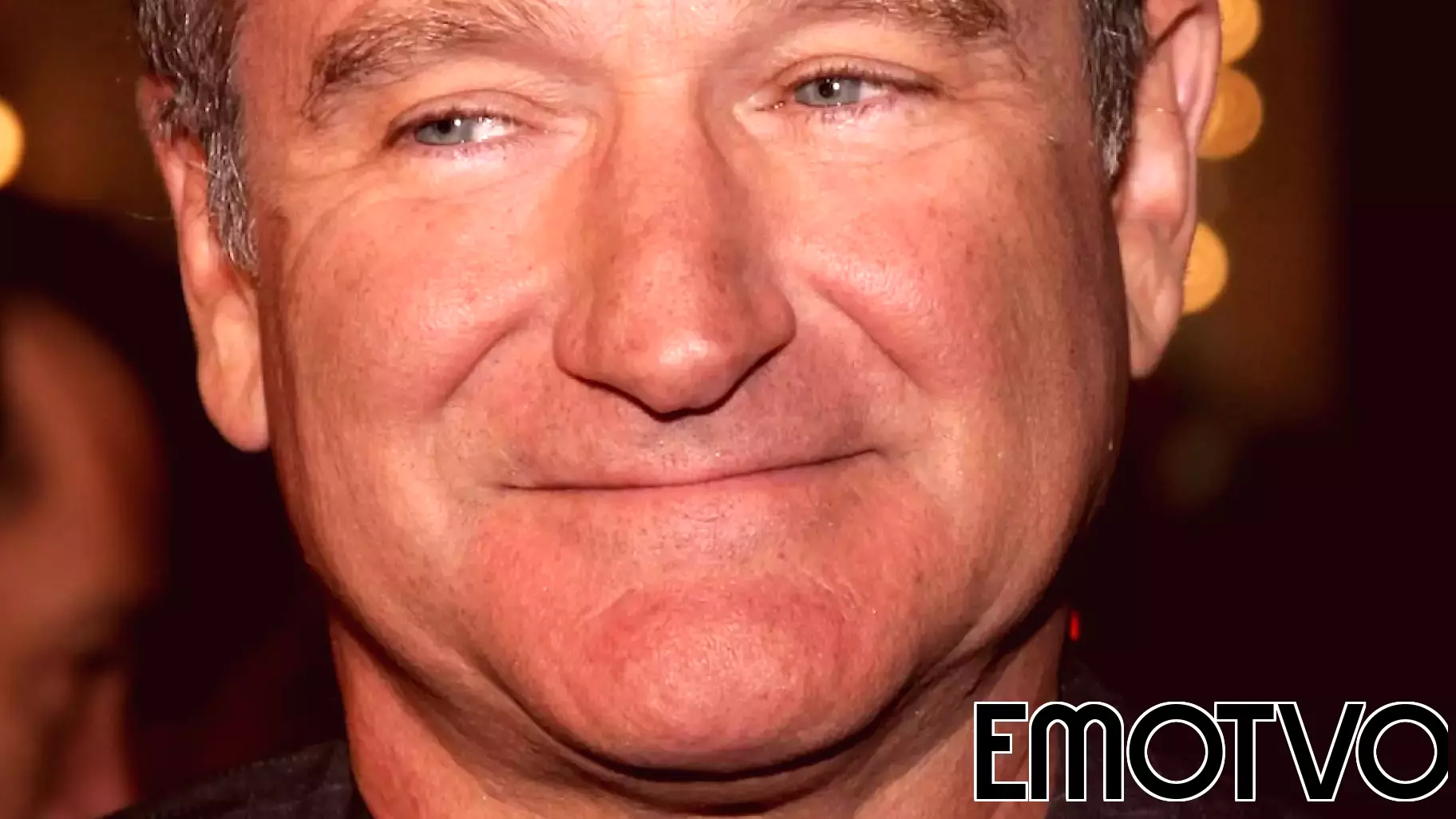
The tragic deaths of public figures can have far-reaching effects—how does media coverage shape the ripple effect on vulnerable individuals? Research indicates that when celebrities die by suicide, it can lead to an increase in similar behaviors among those who are susceptible to mental health issues. This phenomenon, often referred to as "copycat behavior," raises important questions about the responsibility of the media in reporting such events.
Studies show that extensive coverage of celebrity suicides can inadvertently glamorize the act, making it seem like a viable option for those struggling with their own mental health crises. The emotional turmoil experienced by fans and followers can trigger feelings of hopelessness and despair, potentially leading to imitative actions. Experts emphasize the need for sensitive reporting that focuses on prevention and mental health resources rather than sensationalizing the tragedy.
In light of these findings, it becomes crucial for media outlets to adopt ethical guidelines that prioritize the well-being of vulnerable individuals while still honoring the memory of those lost.
MORE NEWS
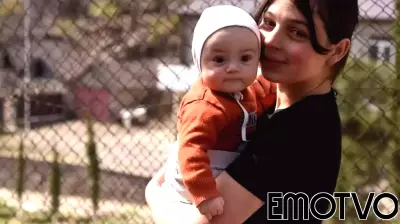
February 21, 2026 - 01:54
Resilience and Reconstruction: What Now?The ongoing integration of over 100,000 displaced persons from Nagorno-Karabakh into Armenian society presents a profound contemporary case study in resilience, trauma, and social adaptation. This...
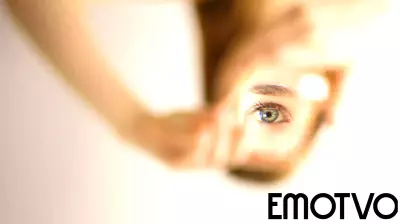
February 20, 2026 - 09:54
Frontiers | Relating physical exercise to “lying flat” among Chinese college students: the chain mediation of temporal focus and the sense of meaning in lifeA new study reveals a powerful antidote to the `lying flat` mentality gaining traction among Chinese college students: physical exercise. Faced with intense academic and social competition, many...
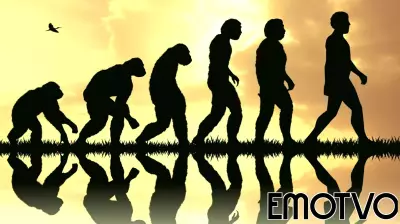
February 19, 2026 - 19:57
New Review Challenges the "Just-So Story" Critique of Evolutionary PsychologyFor decades, evolutionary psychology has been dogged by a persistent criticism: that its theories are unfalsifiable `just-so stories,` clever narratives about human nature that cannot be...
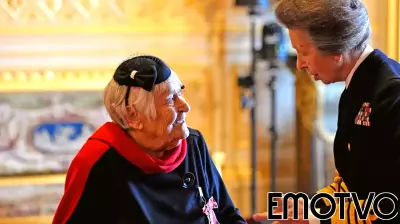
February 19, 2026 - 03:07
Holocaust survivor made MBE says ‘nothing can change’ without psychologyHolocaust survivor Lydia Tischler has been formally appointed as a Member of the Order of the British Empire in a ceremony at Windsor Castle. The honour recognises her decades of dedicated service...